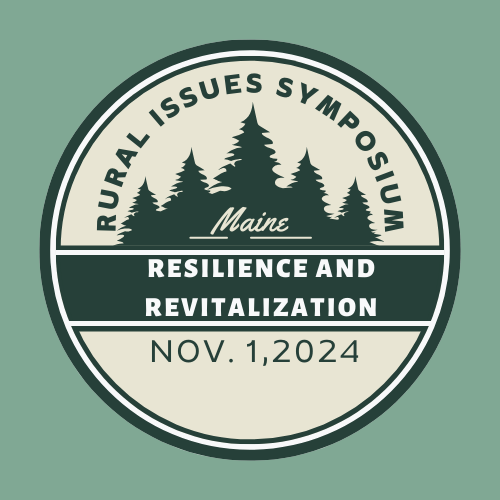Files
Download Full Text (988 KB)
Description
How do rural municipal governments respond to challenges that arise and affect local residents? Are these rural local governments able to take actions that help the community respond and move forward? In this poster, we explore the ways in which economic development, social capital, information and communication, and community competence – four adaptive capacities tied to community resilience - were demonstrated in Maine rural communities during COVID-19, and how they interacted to build resilience. We conducted interviews with staff from 20 Maine municipalities that vary in population size, geographical location and governance form. We found that rural municipal governments do indeed demonstrate adaptive capacities and resilience, and do so in ways that make sense for their unique contexts, drawing on both existing and new resources in the process. Social capital was especially important, not only in its own right, but also in its role in advancing other capacities such as information and communication, and community competence. Overall, our analysis of the relationship between capacities, and their resultant impact on community resilience demonstrates the importance of holistic analyses when studying concepts as complex as community resilience. Further, we suggest that the context matters not only in how capacities emerge locally, but also for how to advance resilience in rural areas of Maine. There is no one single formula likely to help all rural Maine develop resilience capacities, but rather efforts to do so must be tailored to local strengths and opportunities.
Publication Date
10-28-2024
Recommended Citation
Levesque, Vanessa; Johnson, Eileen; Bell, Kathleen; and Leahy, Jessica, "An Exploration of Resilience Adaptive Capacities in Rural Maine Municipalities" (2024). Rural Issues Symposium. 86.
https://digitalcommons.library.umaine.edu/rural_issues/86



